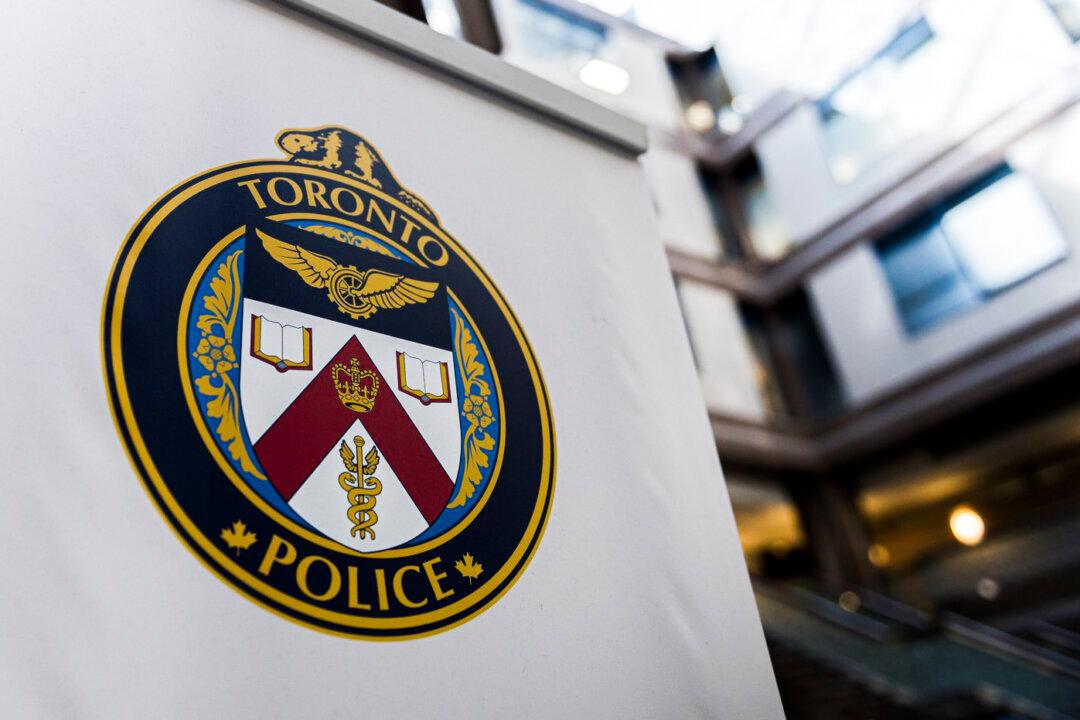Toronto police this week issued an arrest warrant for a 25-year-old Brampton man in connection with a taxi scam that has bilked more than $40,000 from unsuspecting city residents.
The “evolving” scam has been in operation for nearly a year. Toronto Police initially put out a cautionary video message last March, warning Good Samaritans to be wary of supposed taxi fares asking for help with payment.





